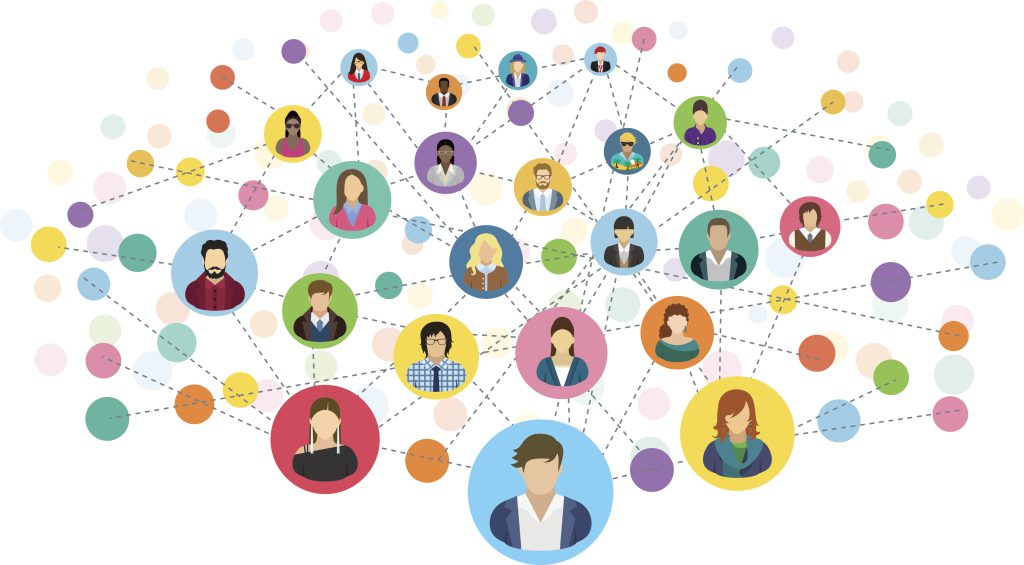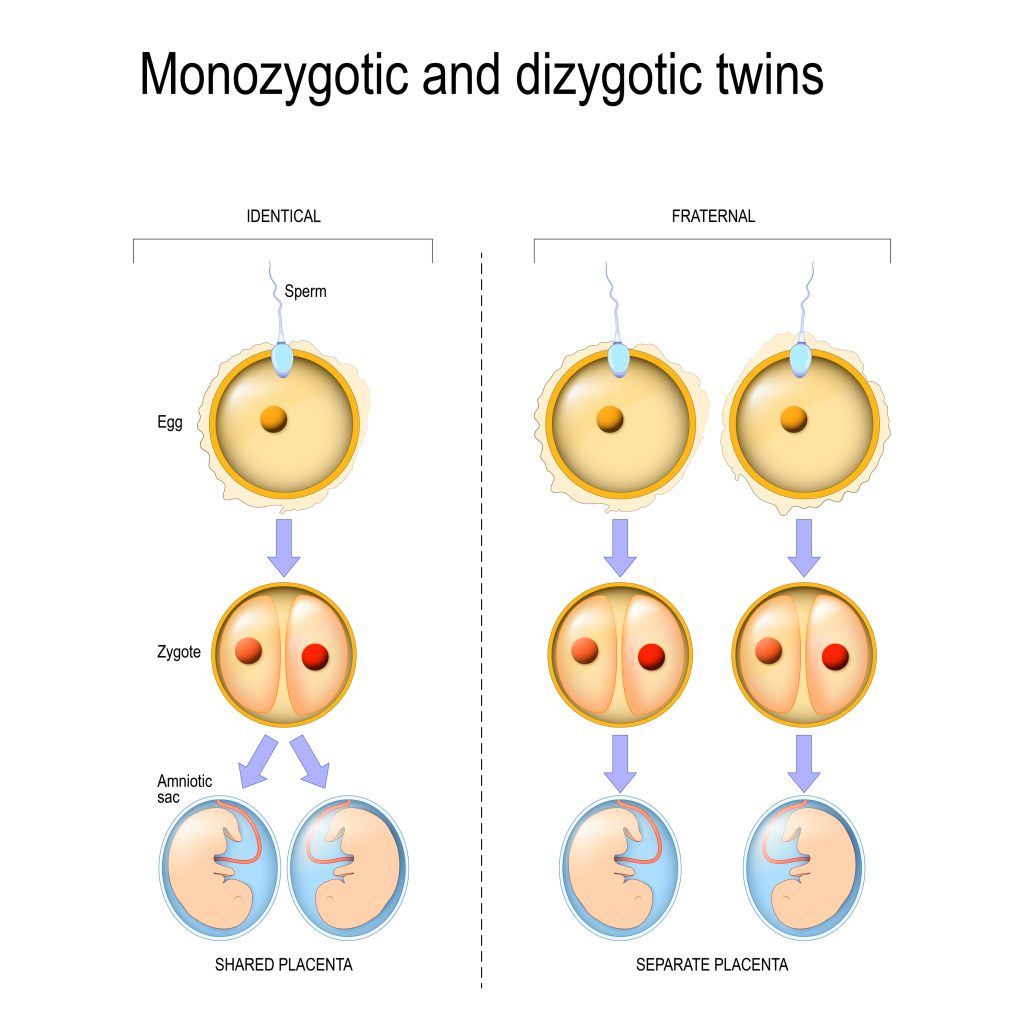




We realised that despite having run our blog for over 5 years, and many of us using twin data, we had not yet written a brief overview of the twin method. Here Prof Thalia Eley provides a summary of the main principles underlying the approach. …

In the last EDIT Lab blog post, Jess interviewed four mental health clinicians about the way in which the COVID-19 pandemic might be influencing symptoms of anxiety of depression. In this blog post, she continues the conversation with Dr Georgina Krebs, Dr Victoria Rodriguez, Dr Evengelos Vassos and Dr Richard…

Alicia and Katie, EDIT Lab PhD student and research assistant, discuss what it is like to undertake a Masters degree at the SGDP Centre, reflecting on their experiences of studying Genes, Environment and Development in Psychology and Psychiatry (or GED-PP as it is known).

Jehannine Austin, Ph.D., CGC, is a past president of the National Society of Genetic Counselors and is a professor in the Departments of Psychiatry and Medical Genetics at the University of British Columbia in Vancouver. In this blog she discusses how people can help protect their mental health when they may…

If you have a family history of a particular mental disorder there is a chance you have some of the genes associated with it. However this doesn’t mean that you will definitely develop that disorder, you just have a genetic predisposition to it. The genetic component to mental disorders is…

Learning that a disorder is influenced by your genes can be a frightening and confusing experience. People may think that because your DNA doesn’t change, it also means that we can’t do anything about “genetic” disorders. Meg and Kirstin [EDIT lab PhD students] explain how the environment and genes can…

The explosion in genetic research might leave some of us feeling that the important role of the environment is being ignored. EDIT Lab PhD students Daniel and Chris explain why recognising genetic differences is crucial if we want to understand the true role of the environment, and work out which…

In today’s blog post, Professor Angelica Ronald [guess contributor to our blog] outlines the genetic and environmental causes of paranoid thoughts.
Recent Comments